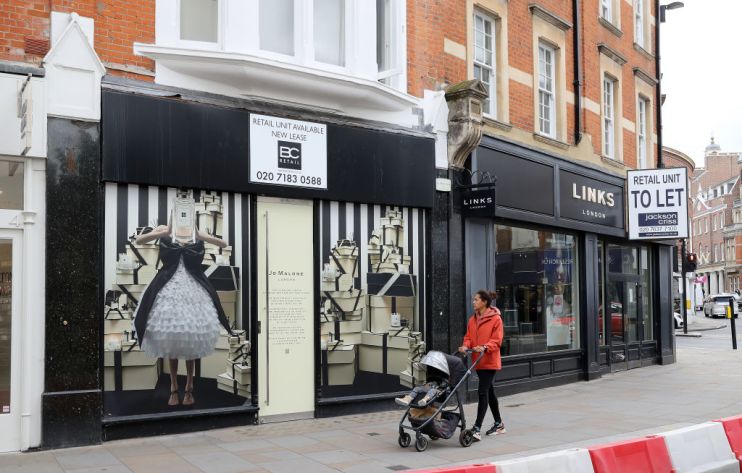Why are small firms at a disadvantage for funding?

Small and medium-sized businesses (SMEs) continue to face funding difficulties, with new research suggesting a growing number of small businesses have never secured external funding.
A survey of 2,000 SMEs conducted by alternative lender Thincats suggests some 75 per cent of small businesses have yet to receive external funding, compared to 38 per cent of medium-sized.
The findings, which were shared with City A.M., also highlighted what the next year may look like, with medium-sized businesses being three times more likely to seek external funding in the coming months.
Meanwhile, data suggests traditional lenders are becoming increasingly wary of lending to small firms.
A look into the funding needs of SMEs has been ongoing, as the Treasury Committee launched an inquiry in July into the problems small and medium-sized enterprises (SMEs) face in accessing financing.
A range of specialist SME-focused banks have emerged in recent years amid perceptions that high street lenders have failed to cater to the sector.
Ravi Anand, managing director of Thincats, said: “Although it’s easy to assume that all SMEs have similar funding needs, this research shows distinct differences between the “Ss”, which represent approximately 90% of the UK’s SME universe, and the “Ms”, although smaller in number, who account for around 25% of GDP.
“Mid-sized SMEs are an engine of growth and due to their resilience are more confident about taking on external funding. As a result of mid-sized SMEs’ more complex funding needs, they are more likely to use an alternative lender and also more likely to use an adviser to help find the best debt solution for their needs.”
High-interest rates have driven banks to tighten their lending criteria while small businesses struggle with the impact of inflation.
Laura Timm, FSB London policy chair, said: “Small businesses have difficulty acquiring finance for a variety of reasons. Traditional bank loans, despite being commonly associated with small business finance, are considered the second-most difficult to acquire, ahead of only equity.
“The primary reason for difficulties accessing different forms of finance is due to application processes being too long and the inability to speak to anyone about the process itself and the application requiring information the individual could not access.”
Thincat’s research also highlighted medium-sized businesses may be more likely to seek advice, as 56 per cent of small businesses said they did not seek any.